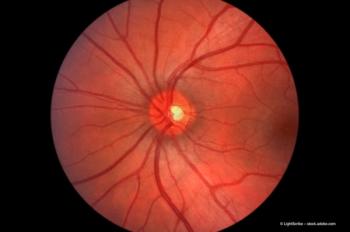
Vision-threatening uveitis of unknown origin
What to investigate: aqueous, vitreous or both?
The main advantage of diagnostic vitrectomy is obviously a larger volume of sample which allows a more thorough analysis and multiple investigations in one sample. In addition, vitrectomy may improve visual acuity, but its drawback is its invasiveness, possibility of adverse effects and higher costs.
In contrast, aqueous analysis is a less invasive procedure and may yield results faster. However, an aqueous tap provides a restricted volume of the sample (usually around 100–200 microlitres) and, therefore, allows only a limited number of examinations.
Conversely, outside Europe, diagnostic vitrectomy is frequently being performed as a primary surgical diagnostic procedure, and the acquired material is being assessed by PCR and other various methods including microbial cultures, cytology, immunophenotyping by flow cytometry and other examinations, usually based on clinical manifestations of the patients.
GWC is a more elaborate diagnostic assay than PCR and is, therefore, not universally used. Obviously, the simultaneous analyses of vitreous sample provide the most valuable assessment and prevent the need for multiple diagnostic interventions, but may limit the volume of separate samples. The diagnostic value of vitrectomy varies widely, which is certainly caused by the number of examinations performed with a given sample and by the selection of patients. The selection based on a clinical suspicion of specific diagnosis increases the positive outcome of a diagnostic procedure.
Newsletter
Get the essential updates shaping the future of pharma manufacturing and compliance—subscribe today to Pharmaceutical Technology and never miss a breakthrough.




























